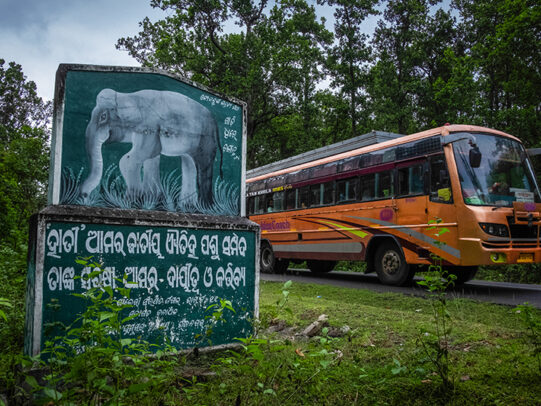A special mid-year report from the U.S. Commission on International Religious Freedom (USCIRF) released last week found that persecution in India has continued to worsen throughout 2024, with government actions and mob violence combining to restrict the rights of religious minorities across the country.
“The Indian government continues to repress and restrict religious communities through the enforcement of discriminatory legislation,” USCIRF stated in the report. “Indian officials have repeatedly employed hateful and derogatory rhetoric and misinformation to perpetuate false narratives about religious minorities, inciting widespread violence, lynchings, and demolition of places of worship.”
The report came during a three-part election in India’s northern Jammu and Kashmir area. This Muslim-majority region has experienced many years of political and religious tensions with the Hindu-dominated central government. Prime Minister Narendra Modi, leader of the Hindu nationalist BJP party, stripped Jammu and Kashmir of its statehood and reorganized it as two union territories directly under the central government’s control.
Results from the election were announced earlier this week, with the BJP handed a surprising defeat and a coalition of the National Conference and National Congress parties taking control of the local legislature. Still, the BJP-led national government will maintain much control over the area through its centrally appointed governor.
The central government’s control of the affairs of religious minority communities is, unfortunately, an increasingly common trend in Indian politics. The implementation of the discriminatory Citizenship Amendment Act — which strips many religious minorities of citizenship — is a particularly influential example. Still, others abound as well, including the erection of a Hindu temple on the site of a destroyed mosque in Ayodhya.
Modi has long promised to implement a Uniform Civil Code, which would overrule religious traditions on family and personal matters. While his ability to accomplish these goals was tempered by a surprisingly tepid performance in national elections earlier this year, the threat of these policies remains as Modi settles into his third term as prime minister.
While these laws and others have targeted many non-Hindus, religious repression in India typically focuses initially on the country’s Muslim population, India’s largest religious minority population at 14%, before targeting Christians, which make up the second-largest religious minority population at about 2.3% of the population, according to official estimates. Many believe the Christian population is much higher than the government’s stated estimates.
In an example of this pattern, Hindu mobs have targeted Muslim communities in mass uprisings that killed hundreds. Riots that occurred decades ago, like the 2002 uprising in Gujarat when Modi was chief minister of the state, typically didn’t attack Christians. Today, however, these types of mass uprisings target Christians as well, with Christians in areas like Chhattisgarh and Manipur now the victims of regional violence.
How effectively an electorally reduced Modi will be able to continue his nationalist persecution of Christians remains to be seen, but conditions remain grim for religious minority communities across India.

